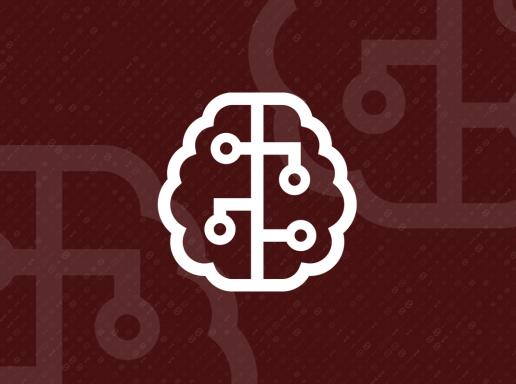
Artificial Intelligence
From the birth of modern computational approaches to reinforcement learning to advancing language modeling and information retrieval, our research continues to advance the frontier of computing by endowing machines with the ability to solve problems that require high-level – sometimes human – expertise, perform complex tasks autonomously, learn from experience, interact and collaborate seamlessly with people, and cope effectively with uncertainty and missing information. Current research in AI includes automated planning, autonomous systems, computational neuroscience and bio-computation, computer vision, heuristic search, intelligent tutoring systems, knowledge discovery and data mining, machine learning, multi-agent systems, natural language processing, probabilistic modeling and inference, reinforcement learning, robotics, and human-robot interaction, search engines and search tools, sequential decision making, and optimization. Applications include mobile robots that collaborate with people in an office environment, semi-autonomous driving, planning tools to protect endangered species, discovering trends in news and social media, K-12 tutoring systems, and reading the text of outdoor signs.
Driven by the vision of computing that serves and protects us and embodies our values, our research in AI seeks to improve health, safety, fairness, and national security. We strive to give students the knowledge and skills to pursue rewarding careers and to do good in a rapidly changing world, while building a community that ensures that everyone is able to participate in the future of computing.
